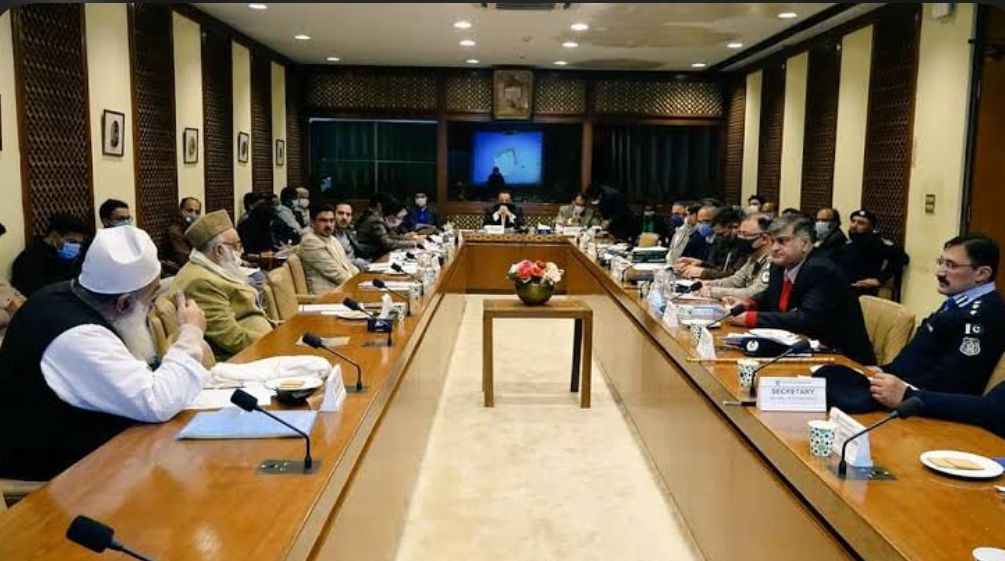In a significant development, the Senate Standing Committee on Interior has taken a step to address the issue of a missing bill brought forward by Senator Irfan Siddiqui. This bill, titled ‘Code of Criminal Procedure (Amendment) Bill 2022,’ primarily focuses on the separation of the judiciary from the executive by limiting the judicial powers currently held by bureaucrats in the Islamabad district administration.
Senator Irfan Siddiqui, representing the Pakistan Muslim League-Nawaz (PML-N), had raised concerns about the disappearance of his bill and brought the matter to the attention of the committee. The bill had received approval from both the Senate and the National Assembly, with the aim of separating the judiciary and the executive by restricting the judicial powers of assistant commissioners, deputy commissioners, and commissioners.
After gaining approval from both houses of Parliament, the bill was expected to be forwarded to President Dr. Arif Alvi for ratification. However, Senator Siddiqui reported that the bill seemed to have vanished during this process.
During the Senate committee meeting, Senator Siddiqui recalled his arrest in 2019 when he was brought before a junior assistant commissioner who subsequently sentenced him to 14 days in jail. This incident led to allegations that the PTI government was unfairly targeting him. Siddiqui highlighted that despite the bill’s approval and passage of considerable time, neither the Ministry of Parliamentary Affairs nor the Interior Ministry had pursued the matter or questioned the bill’s whereabouts.
Senator Saifullah Abro expressed his discontent with the situation, labeling it a “mockery” of Parliament. He called for the Prime Minister’s secretary to be summoned, especially as the PM’s secretary was scheduled to attend a meeting with the World Bank.
Subsequently, the Senate committee decided to summon the Prime Minister’s secretary and requested a report regarding the “missing bill” from the Prime Minister’s Office (PMO).
The bill in question aimed to address issues related to judicial powers within the administrative framework. It acknowledged the constitutional requirement of separating the judiciary from the executive and sought to gradually achieve this separation. The bill argued that certain provisions in the existing legal system allowed special judicial magistrates to exercise judicial powers, which hindered the impartial administration of justice.
The bill’s passage through both houses of Parliament was seen as a significant step toward upholding the independence and separation of the judiciary from the executive branch. It meant that officials from the Islamabad administration would no longer possess the authority to remand or detain individuals. Instead, judicial magistrates, accountable to the Islamabad High Court (IHC), would oversee judicial matters.
The Senate Standing Committee on Interior has taken action to investigate the disappearance of Senator Irfan Siddiqui’s bill aimed at separating the judiciary from the executive. This move reflects the committee’s commitment to addressing issues related to the missing bill and ensuring transparency and accountability within the legislative process. It underscores the importance of upholding the principles of judicial independence and separation of powers in a democratic society.


